
views
The Foreign Contribution Regulation Act (FCRA) of India in its current form makes it “very difficult” for NGOs to receive donations from people around the world, a senior Democratic lawmaker has said.
“India has a law called the Foreign Contribution Regulation Act that was amended in 2010 and has been amended again in 2020 that makes it very difficult for NGOs operating in India to receive donations from people around the world,” US Senator Time Kaine said during a Congressional hearing on ’Anti-NGO Laws and Other Tools of Democratic Repression’ organised by the Senate Foreign Relations Committee.
Foreign funding
“Organisations like Amnesty International and others have had to dramatically limit or shutter operations in India because they do rely on fundraising,” Kaine said. “But India has chosen through this act to significantly restrict the ability of organisations to operate and receive foreign funding. The law allows the freezing of bank accounts investigations, among others,” he said.
He said human rights, activists and NGOs feel intimidated due to the act and it causes hindrance in their work. The real victims, Kaine pointed out, are the beneficiaries of these organisations’ efforts. He cited the example of the Sambhali Trust, a Rajasthan-based organisation dedicated to empowering women, particularly those who are disempowered or oppressed. The trust ”was having a difficult time” soliciting and transferring donations intended to support their work, he said.
”These statutes, and they’re similar around the world, but I just want to focus that they are a form of harassment to choke off the work that’s being done,” he said. “And if you choke off the work that’s being done, sometimes you are not only hurting the human rights promoters and those who work with the NGO, but you’re really hurting those who could benefit from the work. And this is really important,” he said.
‘Oldest democracy in the world’
The US is involved in some parts of the world where the governments are not that necessarily a reliable partner in providing services or development, but NGOs are, Kaine added. “We often say we are the oldest democracy in the world and it (India) is the largest democracy in the world and others may contest us in those titles. We view the US-India relationship as a very important one. But when organisations on the ground doing good work find their financing sources restricted or cut off, we have to pay attention to that,” he said.
The senator mentioned that while the State Department and other agencies have successfully assisted the Sambhali Trust in overcoming these financial hurdles, other NGOs continue to face challenges in advancing their services. “But I think there are other NGOs, including some known very well by members of this committee, that still have not been able to find a way forward to offer the services they provide (due to the act),” Senator Kaine said.











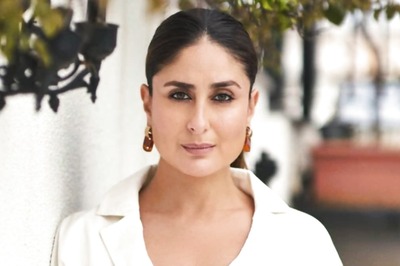



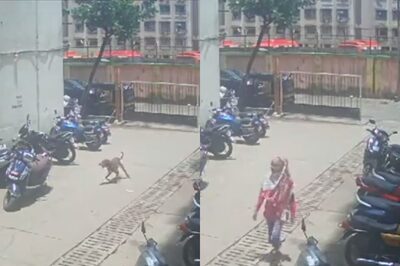

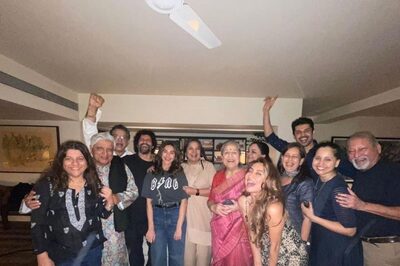
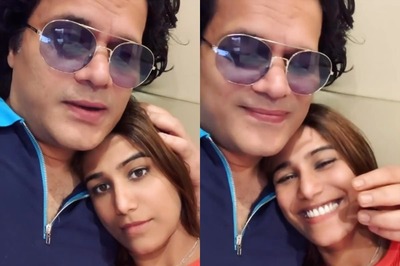
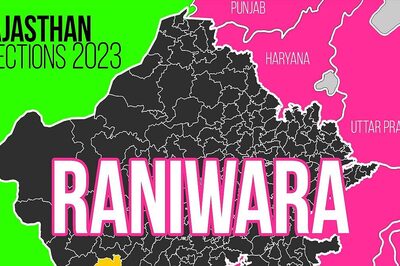
Comments
0 comment